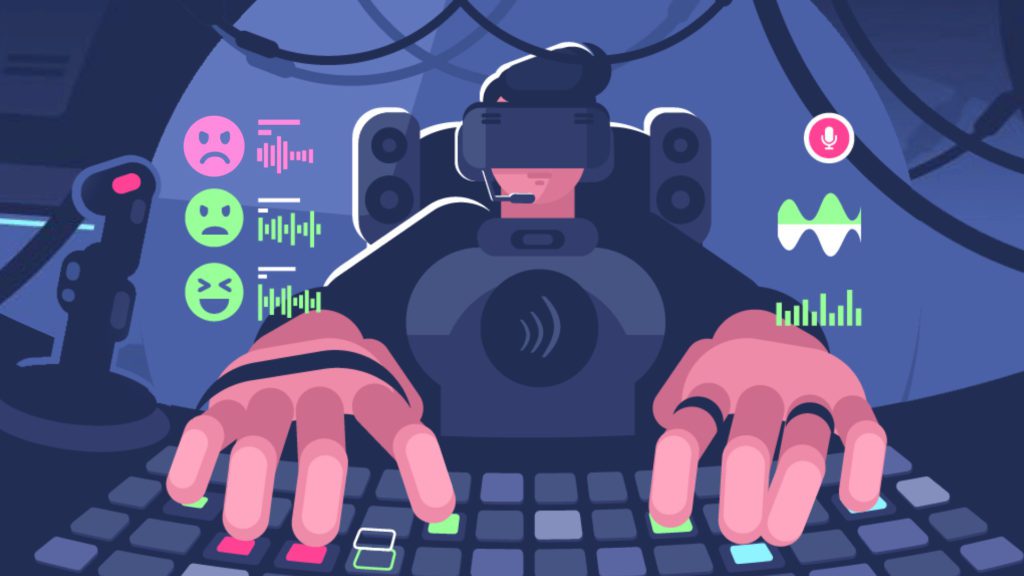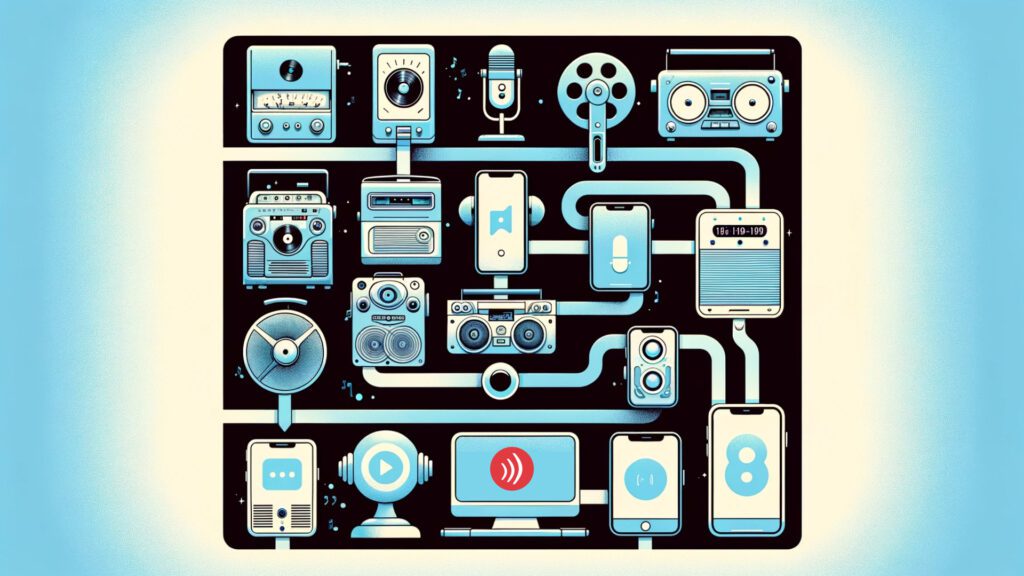If you have been following our gaming blogs, there is a chance that you have also wondered about the other applications of emotion recognition in the video game industry.
Today, we will talk about another application: Gamer monitoring.
Self-explanatory tl;dr version: Emotion recognition using artificial intelligence technology can monitor gamers to understand their emotions and use it as feedback.
Monitoring the state of the gamers can have multiple applications. In this article, we will explain one of the major ones: Parental Control.
How video games affect our children’s behavior?
When it comes to parental control, we usually see relatively rudimentary monitoring features like play-time constraint. However, what we want to know as parents is the actual effect of games on our children’s behavior.
Usually, the mindset around parental control is that games have negative effects and by constraining the children we can mitigate those effects. However, the latest study by the University of York suggested that there is “No evidence to support a link between violent video games and behavior”. On the other hand, studies also found that video games have a positive impact on social skill and school performance of children.
Age of adjusted apps
This century is about personalized features. There is no one-size-fits-all anymore. Using information and technology, we can adapt anything to our taste based on the situation. The advent of tools such as Emotion Recognition which can be integrated into any game due to its light-weight and low process and memory requirement can help parents to be the judge themselves. They can see how their child is reacting to different games and situations.
You can see how your introvert child starts to speak more and more with his/her teammates in online games, or you can see how your teenage boy reacts to being killed in a first-person shooter game. As a parent, you can simply see these changes on diagrams in different time spans and you will easily decide how to consult your own child based on this data.
This will be one more step towards the world where we are all cherished for our differences and anything can be adjusted to our specific case. For example, if my children are not reacting good to shooter games, I might want to provide another suitable game for them. On the other hand, if they are becoming more and more sociable in another game, I might want to recommend this game to my introvert nephews. This is the world we want to live in, a world where good is brought to focus and bad is pushed aside.
AI tools at your disposal
Using tools and technologies that audEERING can provide to the community, arousal, excitement, anger and a myriad of other emotions can be monitored through the user’s voice in real-time. There are three scenarios in which this tool can be used:
- Platform Integration: In this scenario, the tool is running on the platform (e.g. Xbox, PlayStation, Steam, Battle.net) and it will monitor the gamer regardless of the game he/she is playing. This is the best scenario as it will provide the highest coverage and deepest insight into the gamer behavior.
- Game Integration: In this scenario, the tool is integrated into the game itself and monitors the gamer’s audio. For example, when the gamer is playing World of warcraft, the gamer’s interaction with guild members can be monitored in long-term to be used as an indicator for the extrovert behavior.
- Stand-alone Product: It acts as a separate application which can be installed on any platform. It will produce a diagram for the emotions we want to be monitored. Such diagrams can later be reviewed.
Our children, our gems
As parents, we always want the best for our children. However, when it comes to video game industry, there are still a lot of opportunities for improvement. We need to push this industry to integrate such tools into their platforms and products to give us all the chance to see behavior of our children while using their products.








